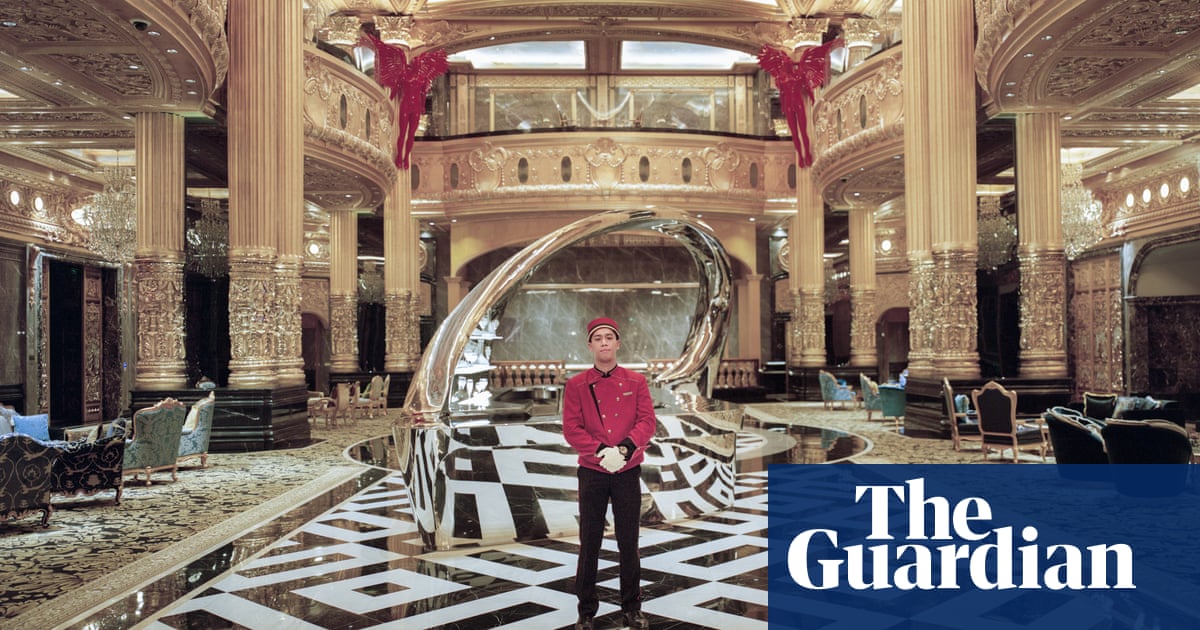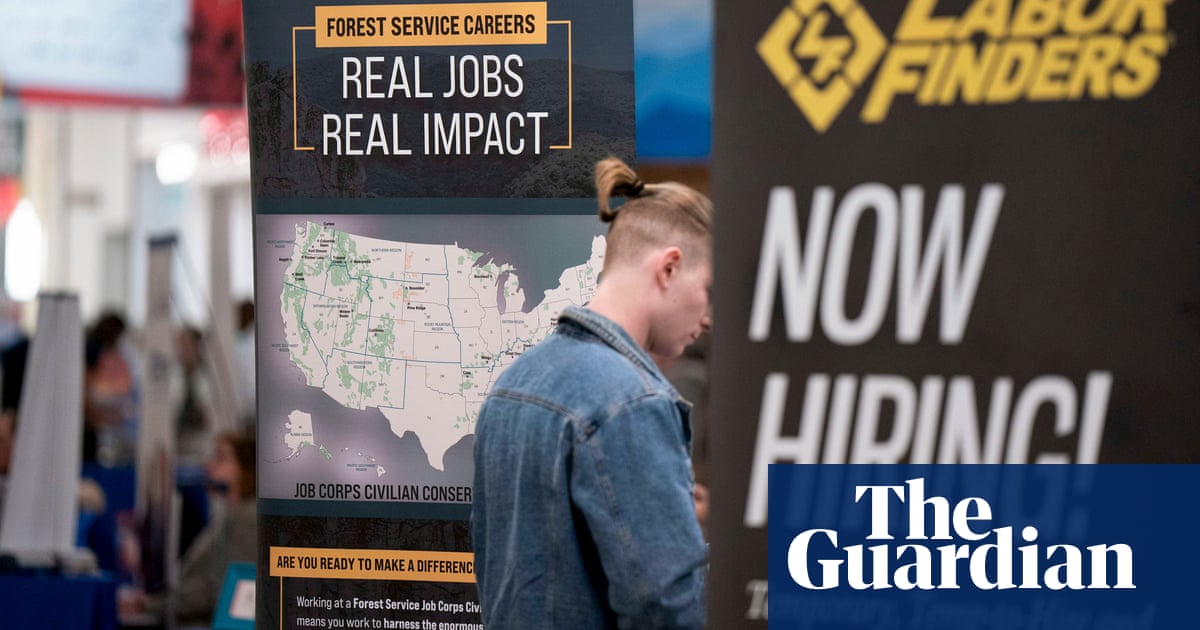Inspectors have uncovered a “toxic” and secretive culture at an east London council, with decision-making dominated by the inner circle of the local mayor, Lutfur Rahman, according to an official report.
Ministers will now send central government officials to help oversee the running of Tower Hamlets council, led by Rahman, who was previously banned from public office for involvement in vote-rigging, buying votes and religious intimidation.
The report into the governance of Tower Hamlets, where Rahman became the directly elected mayor again in 2022 after his five-year ban expired, sets out a series of concerns, including a lack of trust between the different political parties, and a subsequent churn of top officials.
The findings, detailed in a written statement by Jim McMahon, the local government minister, included a perception among many staff that “many good managers had left the organisation as a result of ‘speaking truth to power’”.
While the inspectors found the council was trying to improve in some areas, it suffered from a “weak and confused” culture of scrutiny, where “due process is often treated as an obstacle to priorities rather than as a necessary check and balance”.
Central to many of the problems was a “suspicious and defensive” internal culture, heavily based around Rahman and a small group of allies, described to the inspectors as “toxic”.
The statement said: “A culture of patronage, even if not at play in every appointment, is perceived as pervasive enough to undermine trust between members, staff and leadership, as well as with external stakeholders.”
The council often seemed more focused on pushing back against criticism than responding to it, it went on, adding: “On some issues, the inspectors are sceptical of the council’s capability to self-improve.”
McMahon said he was satisfied the problems were sufficiently serious that he was justified under the Local Government Act to impose a “statutory support pack” for at least three years, with ministerial envoys regularly reporting back.
He will also instruct the council to appoint at least two opposition councillors to its advisory board.
Rahman was originally the Labour leader of the council, before becoming its directly elected mayor in 2010, after a referendum created the post, standing as an independent.
He was re-elected in 2014 under a new party called Tower Hamlets First, but was removed from office in 2015 after a specialist court concluded that he was guilty of vote-rigging, buying votes and religious intimidation.
In 2018, police concluded that there was insufficient evidence to prosecute any individual. Rahman returned to power in 2022 under the banner of his Aspire party, bringing back several of his previous allies.
The council was previously placed under the part-control of commissioners appointed by central government, from 2014 to 2018, after concerns about the awarding of grants and the sale of council property without correct process.
Aspire recently lost its majority after several councillors resigned from the party.
In a statement, the council said: “Tower Hamlets council is committed to working with the government on our continuous journey of improvement. We welcome the government’s decision to appoint an envoy rather than send in commissioners, with a plan to work together with us on a support package, with the council retaining all its powers.”

.png) 1 month ago
18
1 month ago
18













































